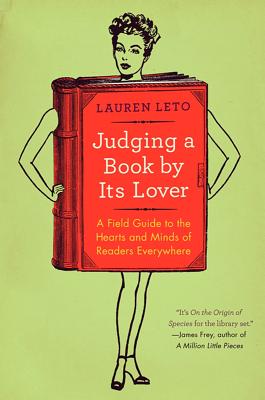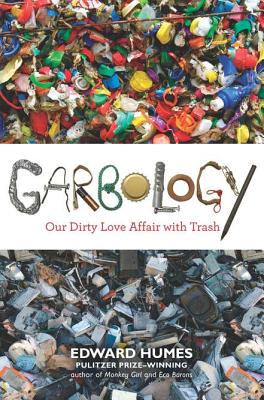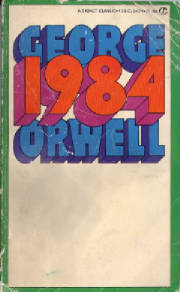Target Audience: Book lovers and wannabe book lovers.
 This hilarious book was written for readers. I loved this book so much I was sad when it ended. I tried to just read one section a night, to keep it going for a little longer and as little rewards after work., but I ended up finishing it in just a few days after my resolve gave out. Good books are addicting as anything and impossible to put down.
This hilarious book was written for readers. I loved this book so much I was sad when it ended. I tried to just read one section a night, to keep it going for a little longer and as little rewards after work., but I ended up finishing it in just a few days after my resolve gave out. Good books are addicting as anything and impossible to put down.Leto is a die-hard reader. She's well-read in everything from classics, to modern classics, to modern garbage. But this book isn't really about what she's read, so much as it's about things she's learned just by being a reader. For example, there's a chapter about the proper way to pick someone up in a bookstore. There's also a chapter about the physical book and how readers should prefer the cheapest, lightest copy. I disagree with her there, being madly in love with hard cover gift editions that look so lovely on my shelf. And overflowing onto the floor next to my shelf... oops.
As a bookseller I loved the section on How To Fake It. She talks about the kinds of people who love certain authors and the stereotypes they fall into. According to Leto, the kind of woman who reads Philippa Gregory is one that has a repressed desire to go to the renaissance festival. Can't really argue with that. She then summarizes several major authors and their three most famous or important works, so that you can talk about them in conversation, while appearing to have read them. Since I Fake It repeatedly throughout the day at work, I obviously found this very informative.* I also discovered that, as someone who loves Hesse, I am required to own one straw chair. Hmm.
My favorite section was not about the books, but the authors. In the chapter Your Movable Feast, Leto imagines what it would be like to have dinner with some of the most famous author couples. She's got to start with a bang, so begins by getting drunk with the Fitzgeralds, eating bacon with Krauss and Foer, and then ends up fawning over Franzen, but Faking It with his wife.
I read this book at night, in bed, constantly cracking up and causing my boyfriend to stop his own reading and make me read what had made me laugh, and then explain why it was funny. I say this not to speak poorly of my boyfriend, who is actually very well read, but to warn of the dangers of buying this book for someone who isn't madly in love with books. Sure, they'll laugh, but not as much as they could, or should. It's like taking a non-theatre person to go see [Title of Show]. See, you had no idea what I was talking about. Just trust me on this.
*Disclaimer: I do not lie at work about what I have read. I do however, have a knowledge of what many popular books are about and the kinds of people who read them, so I stand by Leto's "Faking It" as an excellent resource for booksellers.
Buy it indie!


